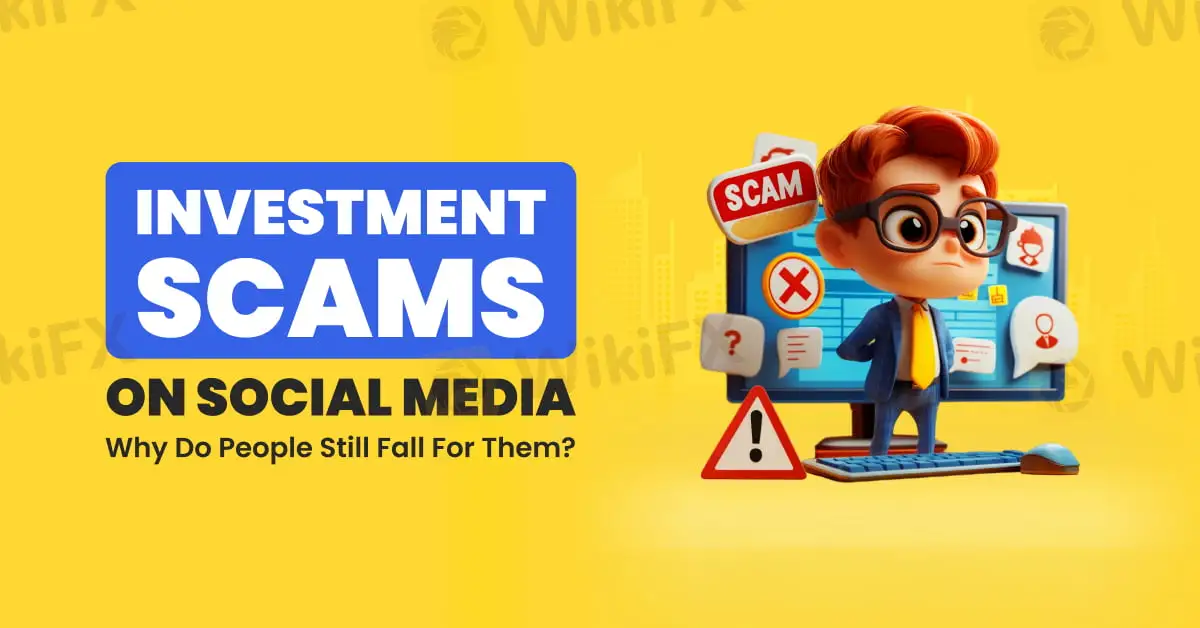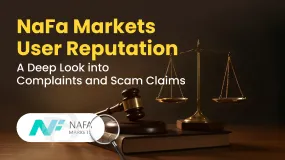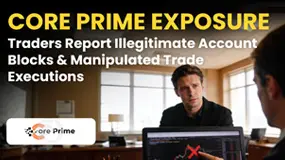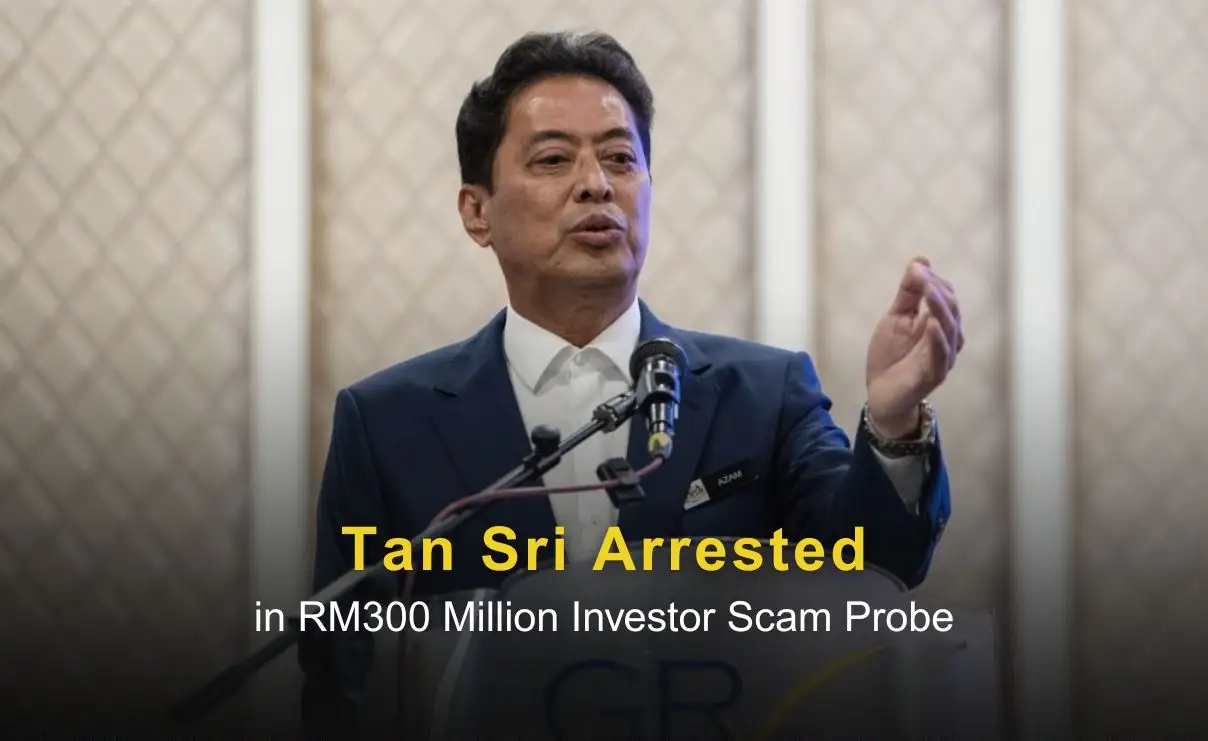Abstract:In the digital era, social media platforms have become a double-edged sword. While they connect millions of users worldwide, they have also evolved into a breeding ground for fraudulent investment schemes. Criminals exploit these platforms to lure unsuspecting victims with promises of quick and high returns.

In the digital era, social media platforms have become a double-edged sword. While they connect millions of users worldwide, they have also evolved into a breeding ground for fraudulent investment schemes. Criminals exploit these platforms to lure unsuspecting victims with promises of quick and high returns. Despite increasing awareness and repeated warnings from authorities, many individuals continue to fall for these scams, raising questions about what makes social media such an effective tool for fraudsters and why people remain susceptible.
The accessibility and anonymity of social media make it an attractive medium for investment fraud. Unlike traditional marketing, where businesses are subject to regulations and oversight, social media allows anyone to create advertisements or promotional content with little to no verification. Scammers can fabricate convincing profiles, complete with fake testimonials, manipulated trading results, and even AI-generated endorsements from well-known personalities.

A report from the Royal Malaysian Police (PDRM) highlighted TikTok‘s increasing use by fraudsters to orchestrate investment scams. Cases have surged dramatically over the years, with financial losses reaching millions. The platform’s vast user base provides an extensive pool of potential victims, allowing scammers to operate on a grand scale with minimal effort. Furthermore, rapid technological advancements enable fraudsters to produce highly sophisticated fake advertisements, making it increasingly difficult for users to differentiate between legitimate and fraudulent investment opportunities.
Even when an investment offer seems too good to be true, many still fall victim due to psychological and emotional triggers. One of the most powerful factors is the fear of missing out (FOMO). Social media thrives on instant gratification and the illusion of exclusivity. When users see others—real or fake—profiting from an investment, they feel compelled to join before it‘s ’too late.
Another reason is social proof. Scammers often fabricate success stories, showing fake testimonials or photos of luxury lifestyles to create the illusion of legitimacy. The more people appear to be benefiting, the more credible the scheme seems. Additionally, investment fraudsters exploit authority bias by posing as financial experts or influencers who project confidence and trustworthiness, further manipulating potential victims into believing their schemes are legitimate.
Advancements in artificial intelligence have further empowered scammers. AI-generated deepfake videos, voice cloning, and automated bots enable criminals to impersonate trusted figures with uncanny accuracy. Fake investment platforms can be built within hours, complete with simulated trading activities to convince victims that their funds are growing, only for them to disappear overnight.

As social media remains a hotbed for financial fraud, individuals must exercise caution and due diligence before engaging in any investment opportunity. Verifying the legitimacy of brokers and financial platforms through reputable sources, such as WikiFX, can provide crucial insights into their regulatory status, past user reviews, and risk ratings. Conducting thorough research, questioning unusually high returns, and avoiding pressure-driven decisions are essential steps in protecting ones financial security.












